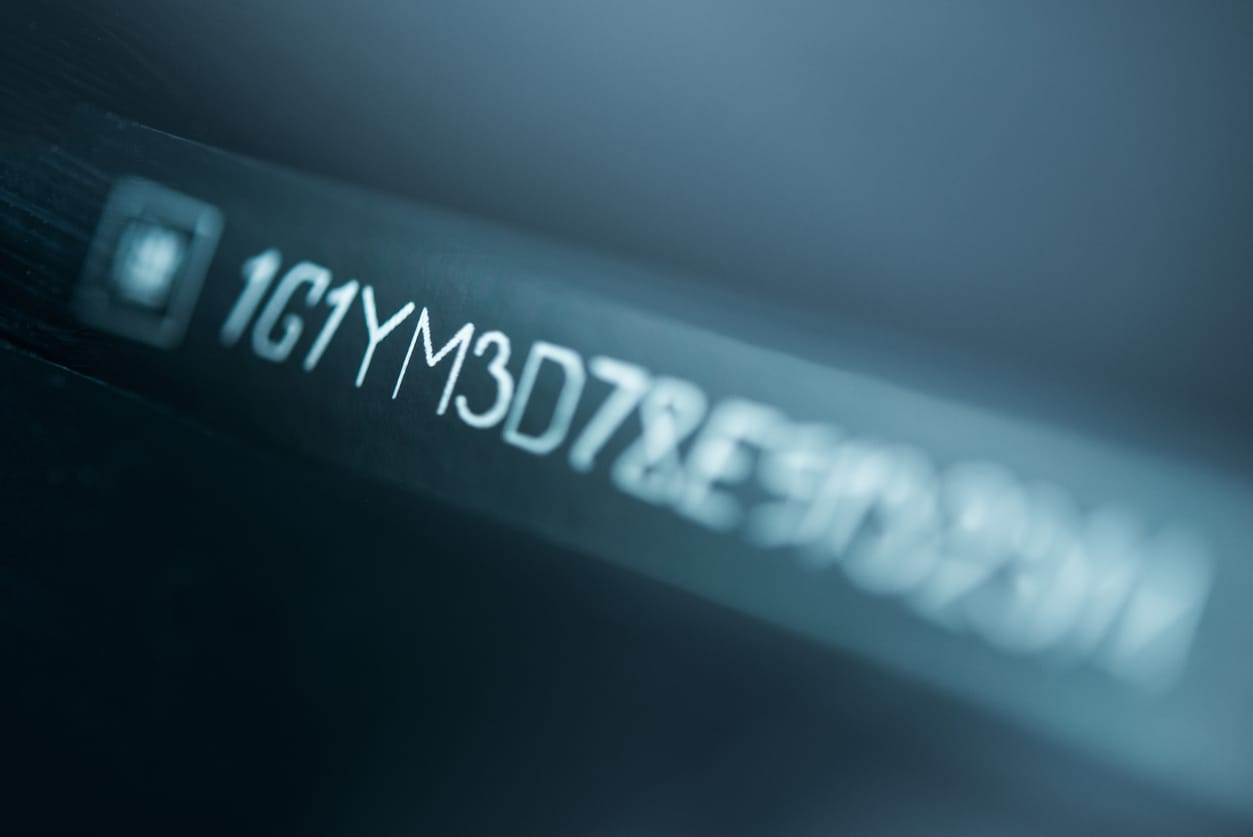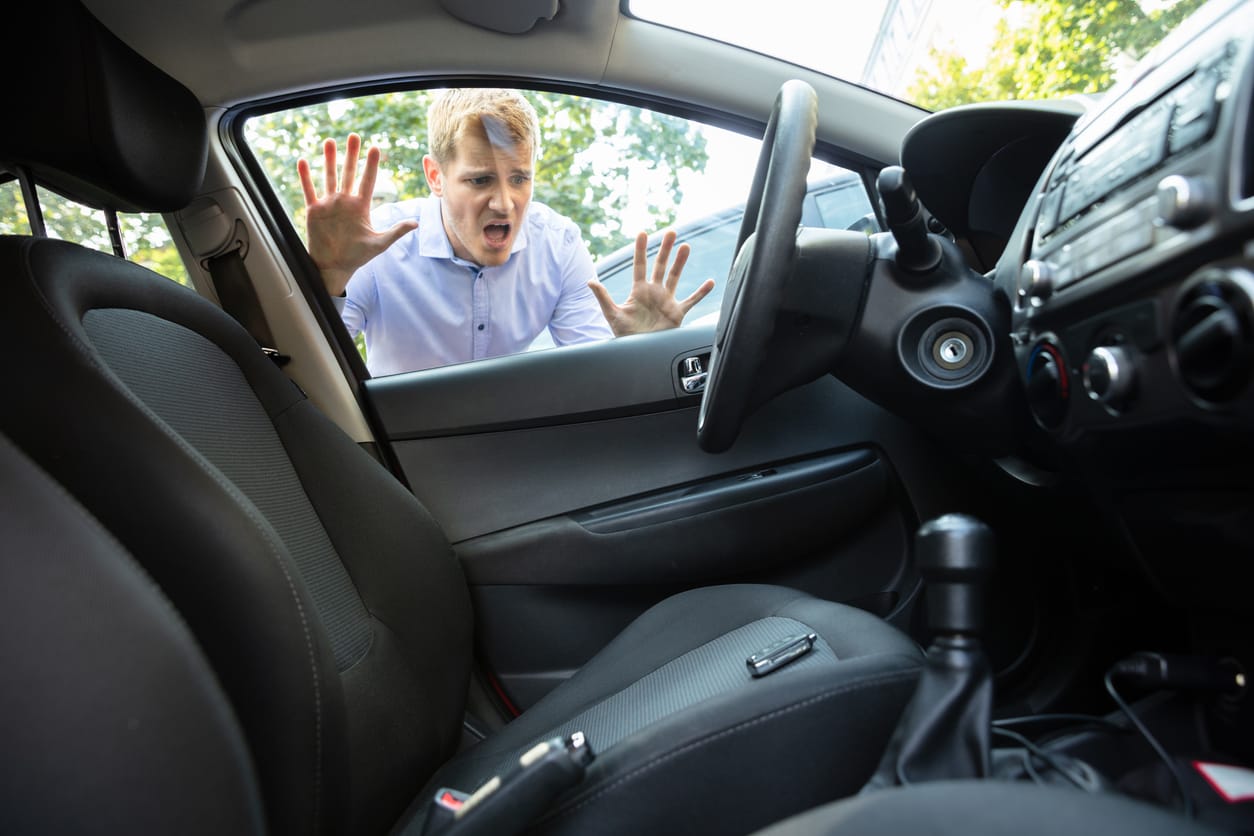First-time car buyers are usually unfamiliar with the car buying process and may be more susceptible to being taken advantage of by car dealers. Even an experienced buyer may fall victim too if care is not taken.
However, with a little bit of knowledge and preparation, you can become a savvy car shopper and avoid being tricked by car dealers. In this article, we will provide you with 25 car dealer tricks to help you save money on your car deal.
While it’s true that some car dealers may have a reputation for being untrustworthy or dishonest, it’s important to remember that not all dealers fall into this category. Many car dealers are legitimate businesspeople who strive to maintain good relationships with their customers and build a positive reputation.

However, it’s always a good idea to be prepared for the possibility of encountering an aggressive salesperson who is more focused on maximizing profits than on providing you with a good deal. By being aware of these common car dealer tricks, you can protect yourself and get the best deal possible on your next car.
Here are 25 deceptive practices used by car dealerships that you should avoid at all costs:
1. Price Padding: Price padding is when car dealerships add extra fees to the cost of the car, such as dealer preparation fees, document fees, and transportation fees. These fees are not necessary costs and are simply a way for the dealer to increase their profits.

2. Low-balling trade-in value: is a tactic used by car dealerships to offer a low price for a car that a buyer is looking to trade in as part of a new car purchase. The dealership will intentionally undervalue the trade-in car to reduce the overall cost of the new car and make the deal seem more attractive to the buyer.
This tactic can be especially effective if the buyer is not well-informed about the value of their trade-in car and is not aware of the true market value. Car buyers need to do their research and get multiple appraisals for their trade-in car before negotiating with a dealership.
This will help ensure that the buyer gets a fair price for their trade-in and is not taken advantage of by the dealership.
3. Bait-and-Switch Tactics: Bait-and-switch is when a dealer offers a great deal on a car to entice a customer, but then when they arrive at the dealership, they are told that the car is no longer available and are instead offered a different, less desirable car.
4. Pressure Selling: Pressure selling is when a car dealership uses high-pressure sales tactics to try to get the customer to buy a car. This can include using scare tactics, putting time limits on decisions, and using emotionally charged language.

5. Unclear Advertising: Car dealerships often advertise cars with unclear languages, such as “low monthly payments,” without specifying what the total cost of the car is or the interest rate on the loan. This can make it difficult for customers to understand the full cost of the car.
6. Shady Financing: Car dealerships sometimes offer financing packages that make it difficult for customers to pay off their loans. This includes offering high-interest rates, long loan terms, and balloon payments. This can result in the customer owing more money than the original loan amount.
7. Falsely claiming a car is in high demand: Some dealerships may try to convince you that a particular car is in high demand and that you need to act fast to get it. This is often used as a way to pressure you into deciding before you have time to fully consider your options.
8. Dealer-added options: these are additional features or upgrades that a car dealer offers to a buyer for an extra cost. These options can include things like extended warranties, paint protection, fabric protection, and window tinting. Dealer-added options are often presented as a way to “enhance” the car and protect the buyer’s investment, but they can also be a way for the dealer to make additional profit.
It’s important for car buyers to carefully consider whether or not they need or want these added options, as they can significantly increase the overall cost of the car. These add-ons are often overpriced and not necessary for the car.

9. False Claims: Car dealerships may make false claims about the cars they are selling, such as claiming the cars have features that they don’t actually have or are of higher quality than they actually are.
10. The sticker price shenanigan: is a deceptive practice in which a dealership advertises a low price on the sticker of a car, but when it comes time to finalize the deal, they add on various fees that significantly increase the final price. This can be misleading for car buyers who assume that the price on the sticker is the final, out-the-door price.
To avoid this shenanigan, it’s important to ask the dealership to fully disclose all charges before you agree to a deal. It’s also a good idea to research the typical fees that are associated with purchasing a car so you have a better understanding of what you should expect to pay.
11. Misleading Trade-In Deals: Car dealerships may offer trade-in deals that are misleading or incomplete. For example, they may not disclose all of the costs associated with the deal, such as sales tax, registration fees, and title fees.
12. Warranty Deception: Car dealerships may advertise warranties that are misleading or incomplete. For example, they may not disclose all of the exclusions or coverage limits in the warranty.

13. Incorrect Mileage: Car dealerships may advertise cars with incorrect mileage readings. This can lead to customers buying cars that have higher mileage than they were expecting, which can lead to higher repair costs down the road.
14. Spot delivery financing: also known as “yo-yo financing” or “pre-delivery financing,” is a deceptive practice in which a dealership delivers a car to a customer and asks them to sign a contract agreeing to finance the car through the dealership.
However, the dealership later contacts the customer and informs them that the financing has been denied and that they must either return the car or agree to a different, often less favourable, financing arrangement. This can be a particularly harmful practice for car buyers who may already be in a difficult financial situation and are relying on financing to purchase the car.
To avoid this practice, it’s important to fully research and secure financing before going to the dealership and to carefully review any financing agreements before signing them.
15. Unclear Financing Terms: Car dealerships may not disclose all of the terms of the financing package they offer, such as the interest rate or the total cost of the loan. This can make it difficult for customers to understand the true cost of the loan and can lead to them owing more money than they expected.
16. Unethical Trade-In Deals: Car dealerships may offer unethical trade-in deals, such as offering a low trade-in value for the customer’s car or not disclosing all of the costs associated with the deal.

17. Manufacturer incentive holdbacks: One deceptive practice that car buyers should be aware of is the use of manufacturer holdbacks. These are cash incentives that manufacturers give to dealerships to help them sell slow-moving models. However, these holdbacks are often not disclosed in advertisements or when negotiating the price of a car.
To avoid this practice, it’s a good idea to do your research and look for any holdbacks or other factory-to-dealer incentives that may be available for the car you’re interested in. While there’s no guarantee that the dealership will apply these funds to the price of your car, it’s worth asking about.
18. Misleading Test Drives: Car dealerships may try to hide problems in the car during the test drive, such as mechanical or body damage, to make the car seem like a better deal than it is. This can lead to customers buying cars that are not in the condition they were expecting.
19. Dealer’s insurance illusion: this is a deceptive practice in which a dealership may try to sell you an insurance policy on the spot when you purchase a car. This insurance may be presented as necessary or required to complete the purchase, but it may not be the best option for you. The insurance policy may also come with a high premium or have less coverage than other policies you could obtain on your own.
To avoid this practice, it’s a good idea to research and compare different insurance options before going to the dealership and to be wary of any insurance policies that are being pushed on you at the time of purchase. It’s always a good idea to take the time to carefully consider your insurance needs and to shop around for the best coverage and price.

20. The rate razzle-dazzle: While 0% interest financing may seem like a great deal at first glance, it may not always be the best option for your budget. These financing incentives are often only available for shorter loan terms and may require a high credit score to qualify. This means that even if you are approved for 0% financing, you may end up with higher monthly payments due to the shorter loan term.
Additionally, it may be more financially beneficial to find your own financing and take advantage of any dealer rebates that may be offered. For example, if you are considering a $20,000 car with a $4,000 trade-in value and have the option of either 0% financing or financing at 3.49% with a $2,000 rebate, you could save more money in the long run by taking the rebate and the lower interest rate.
To avoid this deceptive practice, it’s a good idea to use an auto loan calculator to compare the total cost of different financing options over the term of the loan. This will help you determine which option is the most financially advantageous for your situation.
21. Predatory Lending: Car dealerships may offer financing packages that are predatory in nature, such as offering loans to customers with bad credit or offering loans with high-interest rates and long loan terms.
22. VIN etching: this is a process in which the vehicle identification number (VIN) of a car is engraved or etched onto the windows or other parts of the car. This is typically done as a theft prevention measure, as the VIN is a unique identifier for the car and can make it more difficult for thieves to sell a stolen car. Some dealerships may offer VIN etching as an added service when you purchase a car, but it’s important to be aware that this service is usually not necessary and can be costly.
In most cases, the VIN is already visible on the dashboard and the driver’s side door jamb, so there is no need to etch it onto the windows. It’s a good idea to carefully consider whether VIN etching is worth the added cost before agreeing to it

23. The four-square tactic: is a sales technique that is used by some car dealerships to structure a car deal. It involves the use of a grid or chart that is divided into four squares, each representing a different aspect of the deal: the price of the car, the trade-in value of the customer’s old car, the down payment, and the monthly payment.
The dealership may use this technique to try to negotiate each aspect of the deal separately and to make it appear as though they are making concessions on certain elements of the deal in order to win the customer’s business.
However, this technique can be deceptive, as the dealership may be using it to obscure the overall cost of the car and to pressure the customer into making a decision. To avoid this tactic, it’s important to carefully review the entire deal and to consider the overall cost of the car, rather than just focusing on individual elements of the deal.
24. Falsely claiming a car is new: Some dealerships may try to pass off a used car as a new one in order to charge a higher price. Be sure to thoroughly inspect the car and ask for its full history before making a purchase.

25. Misleading Lease Deals: Car dealerships may advertise lease deals that are misleading or incomplete. For example, they may not disclose all of the hidden costs associated with the lease, such as mileage limits or early termination fees.
Car dealerships are in the business of selling cars, and they will do whatever it takes to close a deal. While most dealerships are honest and upfront, some resort to deceptive practices to make a sale. Purchasing a car shouldn’t be a stressful or confusing experience. Take the time to educate yourself beforehand so you don’t feel taken advantage of. Learning the common tactics car dealers may use can help you protect yourself from feeling like you have been tricked into paying too much for your vehicle.




